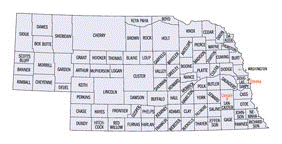Geography Program

Geography Program: Faculty Publications
Document Type
Article
Date of this Version
2-2010
Abstract
Asoka Bandarage, who provides a very thorough discussion of the civil conflict in Sri Lanka, relates the particular issues and perspectives of the contending groups to major conflicts occurring elsewhere in the world. Although the following categories are not utilized specifically by Bandarage, this review considers four general principles that apply both to the Sri Lanka situation and to contemporary conflicts elsewhere. First, when competing groups claim the same land because both have occupied it “traditionally,” how far back in history is meaningful? A second issue concerns how contemporary self-determination is established. That is, what is the appropriate geographic scale for determining the area to be governed by the resident population? The selection of meaningful criteria for identifying groups is a third hotly disputed issue. The last issue arising from Bandarage’s application of the Sri Lankan conflict to others elsewhere considers the impact of war on human rights and international responsibility (i.e., the “Responsibility to Protect”). Does the United Nations have a right or obligation to override the sovereignty of states when genocide or other forms of extreme suppression occur?


Comments
Published in The Professional Geographer 62:1 (February 2010), pp. 149–151. Copyright © 2010 Routledge/Taylor & Francis. Used by permission.